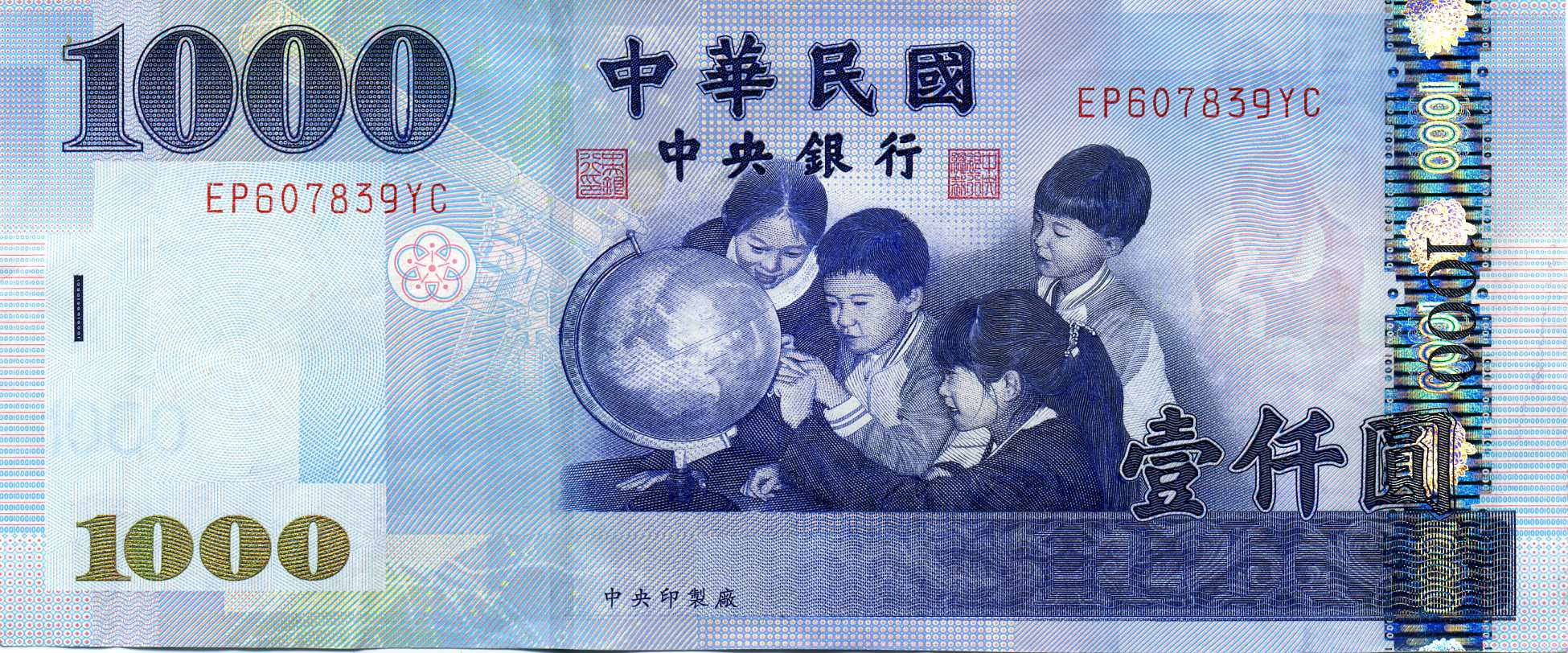The Black and White Burgers of McDonald’s Taipei
Long story short, I’ve been looking into Taipei for various reasons and, in the process, discovered that McDonald’s serves limited edition White and Black burgers there. Besides the fact it warms this American’s heart to know that I’m collecting New Taipei dollars (McDonald’s dividend day was last week and, with the exception of my two sisters, I have practically every member of my family holding shares somewhere, so the deposit is fresh on my mind as I saw it come in across the accounts), I would very much like to try these out of sheer curiosity.
McDonald’s regional offerings are nothing new – in Japan, they serve a Teritama burger with egg, pork, ginger teriyaki, lettuce, and sweet lemon sauce, while in India, there is a Maharaja Mac with chicken rather than beef due to the sacred nature of cows – but other than wraps, it’s been awhile since the company released anything unique in North America.
Wall Street is not pleased with management at the moment due to slow growth but, personally, and given present known factors, I think a 25-year owner is going to be happy with a purchase at today’s price, especially if the dividends are reinvested. That may not turn out to be the case and my opinion may change in the future – crazy things happen and even the strongest businesses can fall into decline – but, for now, I’m willing to back that hypothesis with my own capital. By the end of the year, you’d be looking at an expected 6.1%+ earnings yield with a 3.2% cash dividend yield. But it’s boring and slow, which causes folks to ignore it despite pouring cash into its coffers year after year. The stock isn’t expected to go anywhere over the next 2-3 years (who can predict these things, anyway?); I think it’s stupid to be concerned about that. If the price is right, I like boring and slow. It keeps me in cashmere. And there’s a lottery ticket effect if management can get its act together. Though, I say that because I have faster growing assets that I own entirely so maybe if it’s the only thing in your portfolio you wouldn’t be happy.
I will turn 32 years old later this autumn and I still never get tired of the investing game despite being obsessed with it for the past 22 years. It almost feels too good to be true – money just floods in from smart past decisions as you give individual men and women what they want. Need an ice cream bar on a hot day? That will be $2. Want a hotel room for the night? That will be $325. I love economics. I love it more than Korean dramas, video games, and cooking. I love that right now, it is 3:09 p.m. in Taipei and people are lining up to buy products and services from companies in which I have an ownership stake. How can people not love finance? How can investing not make your heart soar? Even if you want to donate all the money to charity, it’s like a real life game of monopoly where you get rewarded by improving life for your fellow citizens (assuming you choose your firms well – there are some companies that are so evil I couldn’t bring myself to own them, with two off the top of my head that I find particularly disgusting).
I need to get an essay published elsewhere but I’m in my office listening to a song by 炎亞綸 and reading about Taiwanese capital markets and taxation reform to curb speculation.
One of these days, I need to make it over to China. Taiwan just made my list of places to visit, particularly Taipei. My youngest sister is thinking about moving to Japan for a year following college graduation, so it’d give me an excuse to spend half a year visiting various countries over there. A cousin of mine taught English there (China) before he came back to the United States to clerk for a Federal judge in Washington, D.C. if I remember correctly. I should give him a call and ask about how he liked the country.
Update: I restored this post on 05/17/2019 as part of a project in which I am making selected posts from the private archives available, again. This post was particularly sweet for two reasons. Today, Taiwan became the first nation in Asia to legalize civil marriage equality for same-sex couples, including certain adoption rights for family formation. Secondly, adjusting for dividends (but assuming no dividend reinvestment), McDonald’s has produced a total return of more than 127% in the few short years since this post was originally published. Aaron and I still hold shares in our personal household portfolio and it’s been a wonderful component in our overall, diversified asset allocation mix. The lesson: you cannot predict the stock market in the short-term. Equities can increase or decrease in value, often by 50% or more, at any time. Some can even go to zero, experiencing total and complete permanent capital impairment. Rather, the key is to go through life accumulating ownership of productive assets that generate a lot of surplus cash, acquire those assets at valuations that make sense to a rational, non-leveraged business owner, and avoid putting too many proverbial eggs in a single basket, as the saying goes. While it cannot guarantee results, and an investor is almost assuredly going to experience losses, sometimes painful and permanent, from time to time, history has shown that good things tend to happen over multi-decade periods to disciplined savers who follow that model. As always, none of this is investment advice. Instead, I want to focus on the underlying philosophy of wealth accumulation and preservation, especially as measured on inflation-adjusted purchasing power terms.




